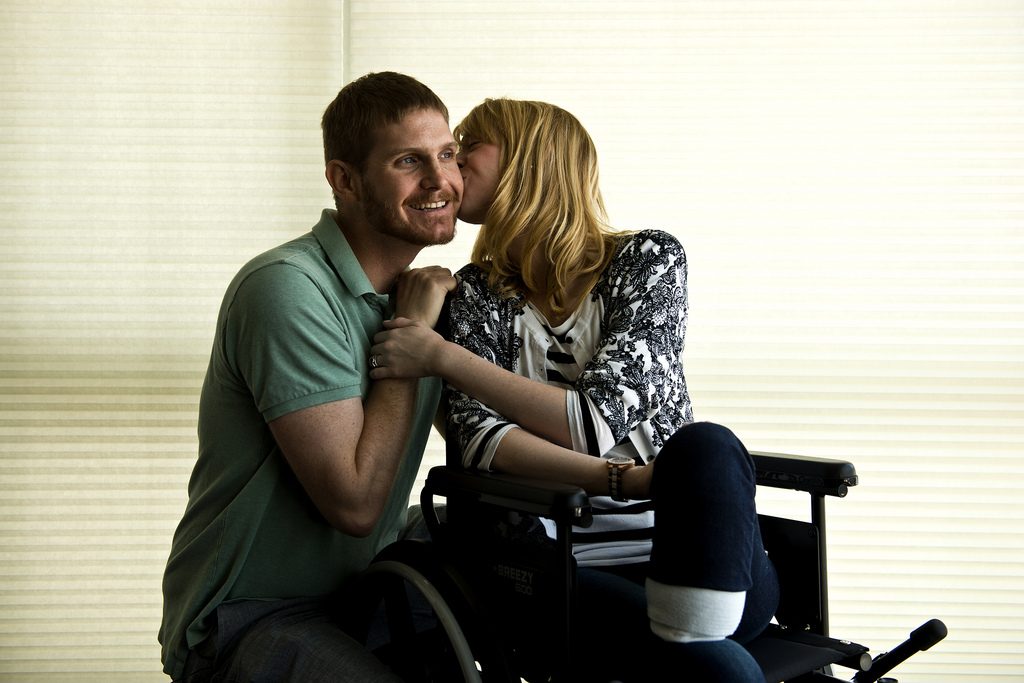
Many couples, who after exploring different options to treat infertility, still fail to have their own child. Having the inability to conceive puts both of them under so much stress and emotional turmoil, and often this becomes the cause of the relationship becoming unstable.
My husband and I have been married for two years and have been wanting to have kids. Every time we have a gathering with friends, we feel pressured whenever topics about kids are brought up. Because of pressure and maybe shame, we just sometimes not show up during our group dates.
Our doctor keeps on encouraging us that we should never give up, and we still can have our own kids through in vitro fertilization, but we have to prepare for it financially, emotionally, mentally, and physically. As a matter of fact, we are talking about it, gaining insights about how it works, and in the process of finding out if our insurance is going to cover it.
How In Vitro Fertilization Works
In vitro fertilization is a modern procedure which aims to assist couples to bear a child of their own. It is a process where mature eggs are being collected from the ovary and fertilized by sperms in a laboratory. The embryo or the fertilized egg is then deposited back into the woman’s uterus. A cycle of IVF could take two weeks.
IVF generally has a higher success rate especially for women below 35 years of age, making it the most effective technology in assisting couples to have a child. It can be done using the husband and wife’s own egg and sperm or can be from a known or unidentified donor.
Successful And Failed IVF
Some successful people have tried in vitro fertilization, and some of them have even come forward to tell about their experiences within vitro fertilization.

Khloe Kardashian has been very open regarding her fight with infertility and her unstable married life. Her body does not have the ability to release an egg, and the lining of her uterus is not thick enough to hold a pregnancy. She attempted IVF with the hope that a child would save her relationship with NBA player Lamar Odom, but the treatment did not work out, so did her relationship.
Giuliana Rancic, E! News host, had three IVF cycles. The first attempt, she got pregnant but had a miscarriage, the second did not work out and she did not get pregnant. During the third time, she found out that she had breast cancer, so she and her husband decided to have a gestational surrogate to carry their son who was finally born in 2012.
Nicole Kidman had miscarriages and an ectopic pregnancy that caused her depression. She never stopped and had tried all the possibilities to get pregnant. Nicole had her first child in 2008 and through a gestational carrier had her second one in 2011. She said that though the success rates were meager, she still tried and had the miracle of her life.
Sarah Jessica Parker also had twin daughters who were born through a gestational surrogate in 2009.
Brooke Shields even wrote a book which tells about her struggle to get pregnant and the postpartum depression she had. She had several failed IVFs and a successful one in 2002, where she gave birth to a baby girl in 2003.
Emotional and physical pain and shame brought by being unable to bear a child could put couples in so much stress. No matter how having no kids affect your relationship, it is essential to endure the hardships, share your feelings and be each other’s support. The psychological wellbeing of both couples is paramount to improving the relationship and keeping couples more relaxed especially during sex. Sex should not only be about conceiving, but couples should enjoy each experience. Support from friends and families is also essential to enhance the healthy relationship between infertile partners.
Those who had failed and even those who have had successful IVF treatments have only one thing to say about the process. It is an upsetting and brutal process as it puts them in an emotional roller coaster. But no matter what, once they take a look at their baby, the feeling is unbelievably beautiful, and they are very thankful that they did it anyway.
Just like what our doctor had advised us, stability in the relationship and healthy psychological status of the infertile couple, like us, can aid a lot in having a successful in vitro treatment. And since we are already considering it, we are preparing ourselves emotionally and mentally whatever the outcome may be.

In vitro fertilization is quite expensive and some 15 states in the US protect couples through its law regarding insurance covering part of the infertility treatment. Though complicated and straightforward, there are insurers who don’t cover infertility services, but some pay for all of it, and some just go in-between. Find out if your state belongs to those who support infertile couples to get some help with payment for fertility services through insurance plans.
Here is a list of quotes about pregnancy from therapists and counselors:
- “Getting a younger sibling is a really big deal for children.” – Hilary Mandzik, PsyD
- “Preconception counseling is especially important for women who are on medications for bipolar disorder or depression.” – Malina Spirito, PsyD
- “Pregnant women who exercise – under the care of their doctors – are better able to manage stress.” – Christina G. Hibbert, PsyD